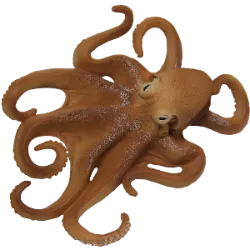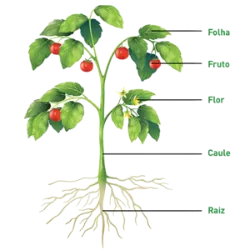The Masters of Adaptation that Enchant

Molluscs one of the largest groups of invertebrates, stand out for their incredible diversity and ability to adapt. This phylum includes animals such as octopuses, squids, snails, slugs, oysters and shellfish, found in aquatic and terrestrial environments around the world.
Features
Mollusks have a soft body, often protected by a shell rich in calcium carbonate. Their anatomy is varied, but most have well-developed systems, such as the digestive and nervous systems. Some, like octopuses, have highly complex brains, considered among the most advanced in the animal kingdom.
Diversity of Forms and Functions
Cephalopods: These include octopuses, squid and cuttlefish. They are agile, intelligent and known for skills such as camouflage and problem solving.
Gastropods: Such as snails and slugs, they inhabit terrestrial and aquatic environments, being important recyclers of organic matter. Bivalves: Oysters, shellfish and mussels are filter feeders, essential for cleaning water and the health of marine ecosystems. Ecological Importance
Molluscs play crucial roles in environmental balance, recycling nutrients and regulating populations of other organisms.
Did you know?










